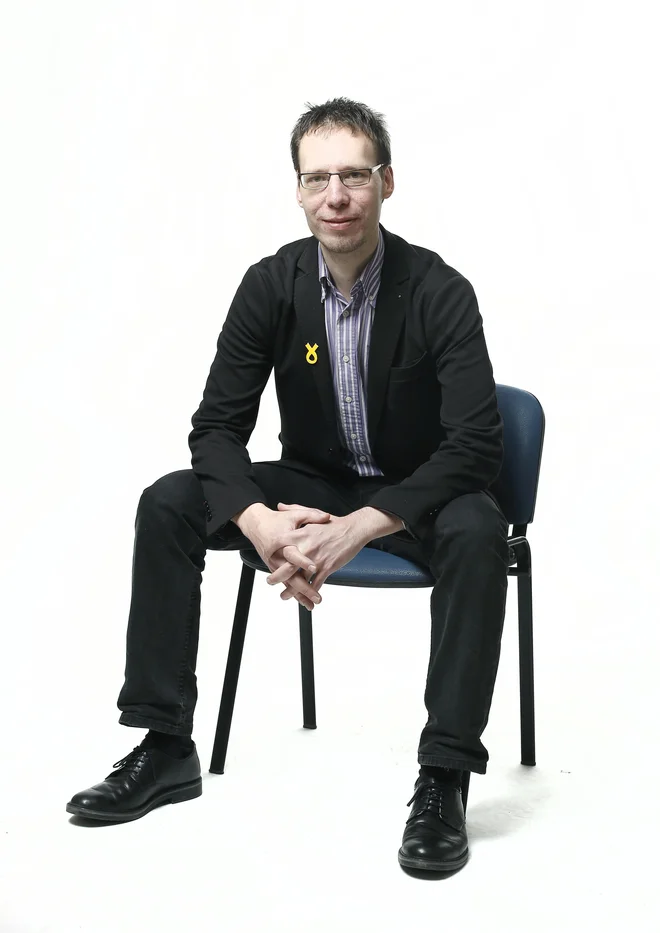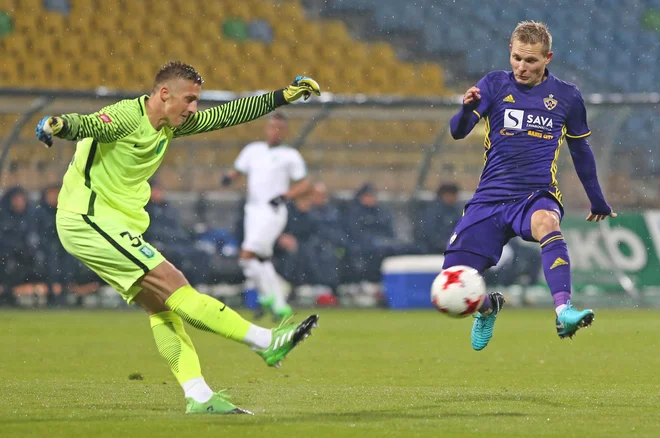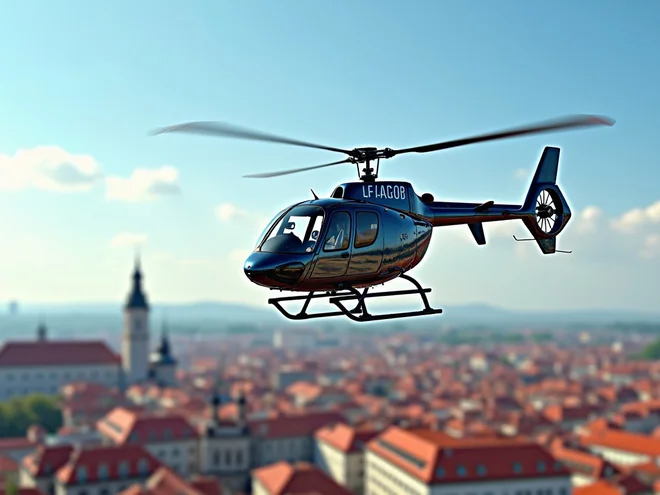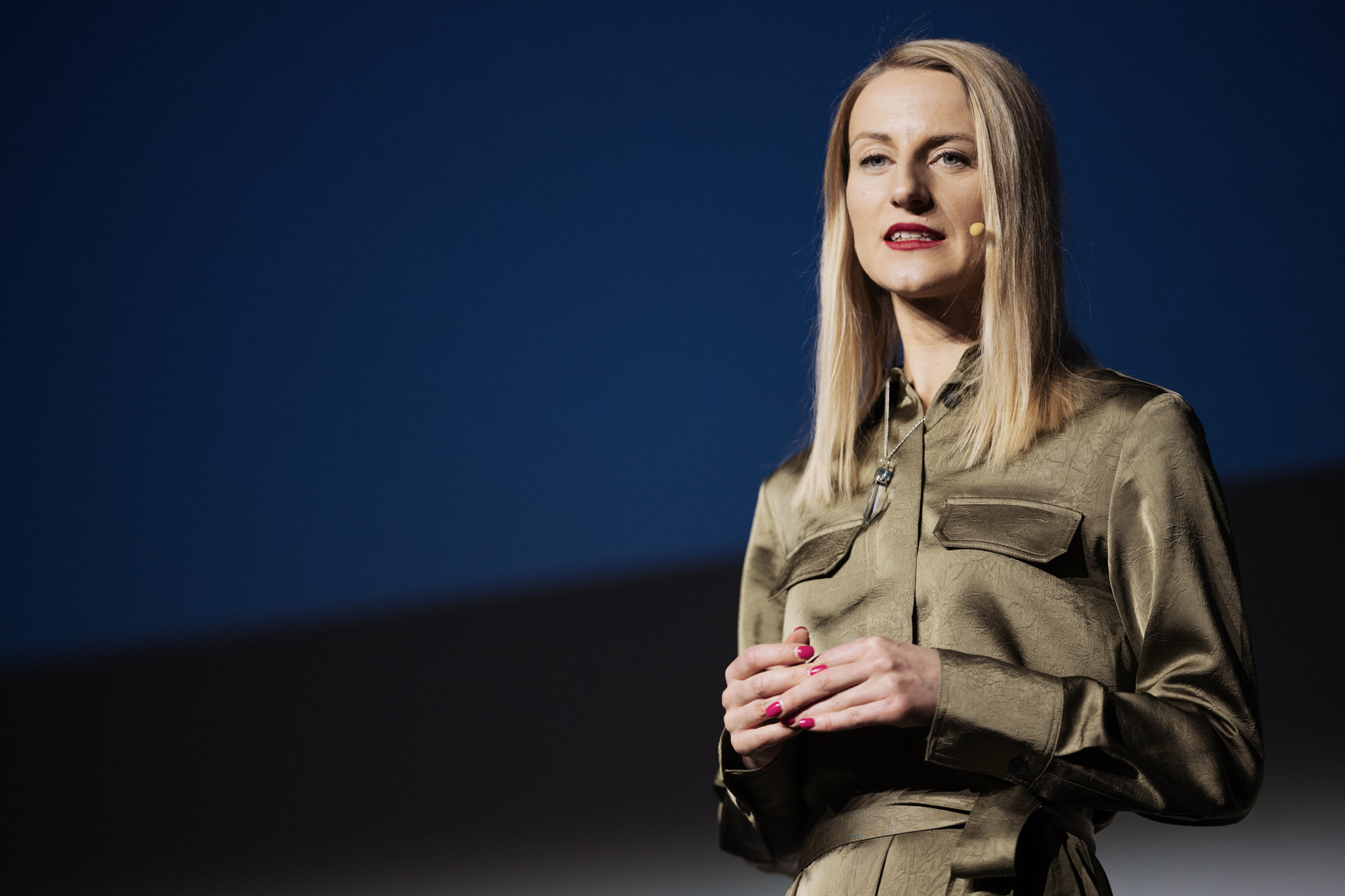The pilot, who bombed Maribor, does not deserve a Slovenian decoration
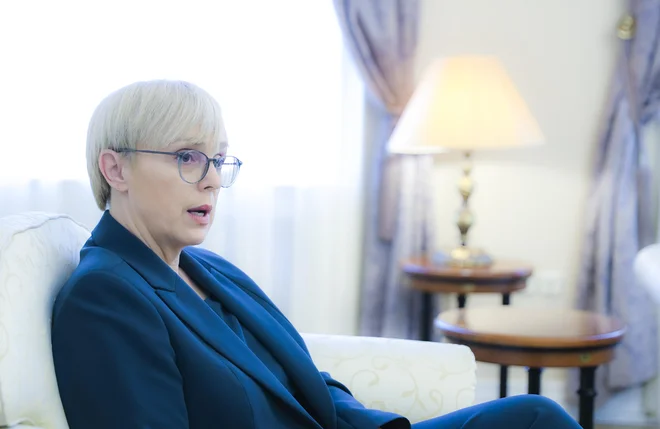
Saturday’s work Annex was published in the section Mr. Sasha Radovanovicwhere he accuses the President of the Republic of Slovenia for rejecting his proposal for the afterlife of the Allied pilot, falling at the end of 1944. She accuses her « complete ignorance and misunderstanding of history » and believes that it has sent a clear message that « Slovenia does not respect its allies. » As he writes, he hopes that most Slovenian citizens have no opinion. He also addressed the initiative for the afterlife to the government of New Zealand.
Such a view of the writer is unfounded, morally controversial and harmful to Slovenia. Only who does he have the authority to do? If he is a historian, he can describe the ancient events, he cannot, and must not be evaluated from today’s perspective and, on his own opinion, to design the defamation of an important state personality.
What would be the objections to the writer?
First of all, my little thing knows from childhood that the shooted Allied pilots were given the help of patriotic Slovenes. A shooted aircraft fell between Guštanj (Ravne) and Slovenj Gradec. I watched the child two baskets that were descending from the sky, while my father and his fellow citizens quickly took action to rescue the parachutist through secret paths as soon as possible to the first partisan public. They were removed there before the occupying soldate began to shake the surrounding forests. Thus, the villagers were then able to direct Vermanshafta scouts and spies in the wrong direction. The parachutists were resolved, the moral and war duty of the Slovenian Alliance was performed. Of course, unfortunately, as everywhere, people also find different non -human fees.
The second, fallen pilot described by the writer had no contact with Slovenia, except that he bombed Maribor with the crew. He had a base in Italy and was shot down over Lika. What would you have earned the gratitude of the Slovenes? He caused damage to Slovenia.
Third, during the bombing of Maribor, Belgrade was already liberated and Slovenian partisanship has long been an integral part of the Yugoslav movement for liberation and thus the composition of the eastern and western alliance. Western aircraft commands could, if she wanted to protect the allied cities from unnecessary air destruction. Instead, only 135,000 civilian casualties (dead and wounded) were caused by bombing (1944, East Germany), although without appearing to be able to penetrate the city.
Leskovac (1944, southern Serbia, about 28,000 inhabitants) experienced a similar fate, when aircraft from Italian bases caused unnecessary about 5,000 civilian casualties.
Unfortunately, Maribor also received a similar fate with about 800 dead civilians.
In these cities, Western allies could not enter. There is only a puzzle of why so many unexploded bombs have been sown.
Fourth, in the meantime, the Red Armada was as much protected by the liberated city from unnecessary destruction. It had about 320,000 victims (80,000 fallen and 240,000 wounded) for the liberation of Budapest alone, because they did not want to overcome artillery, much less aviation to preserve the city.
The fifth, the writer does not report, but it would probably be right that in the New Zealand authorities, he would have previously inquired what kind of recognition the pilot had received at home 80 years ago. Without this information, that saying can always be consumed: after the battle, everyone can be generals.
Thus, with his letter, he showed that he was counted in the evaluation of the past merits of the pilot, which caused the Slovenes more harm than good.
In this case, the President of the Republic of Slovenia acted in the spirit of the majority public opinion, so subsequent demonstration of the imaginary gratitude would be inappropriate.
***
Ivan Lah, Ljubljana.
The article is the opinion of the author and does not necessarily express the views of the editorial board.

